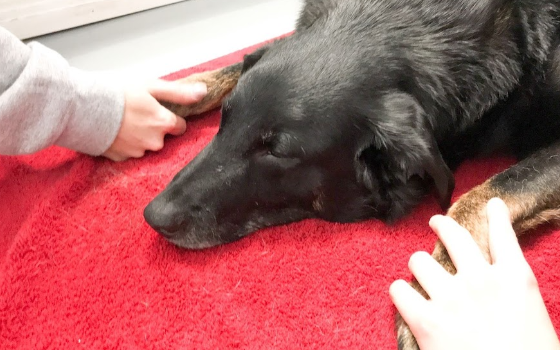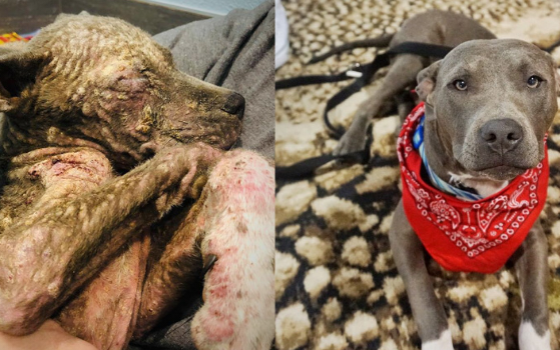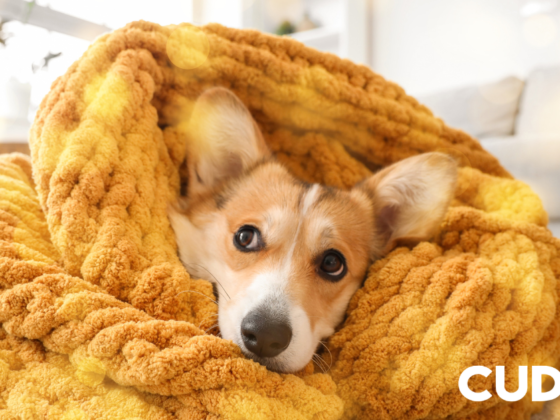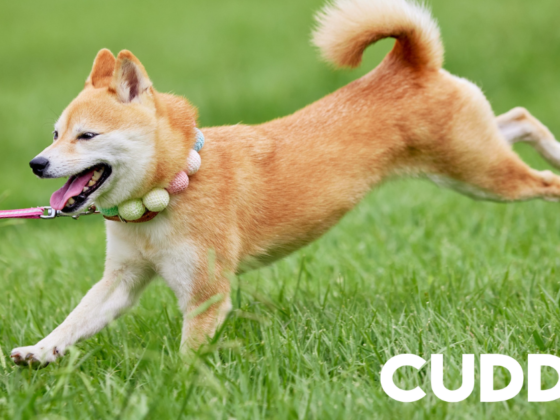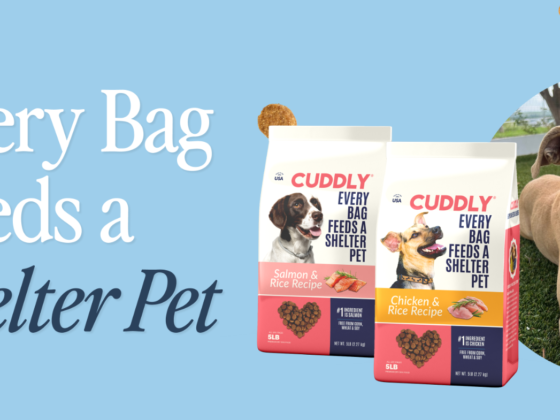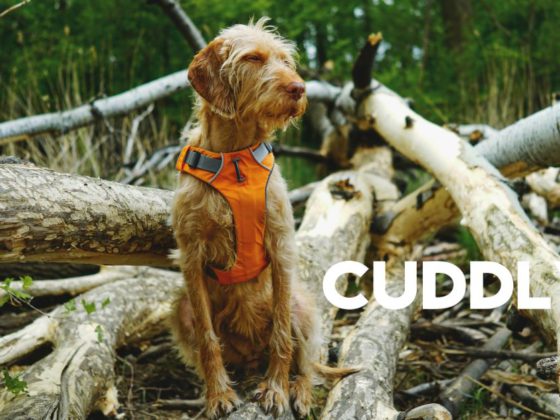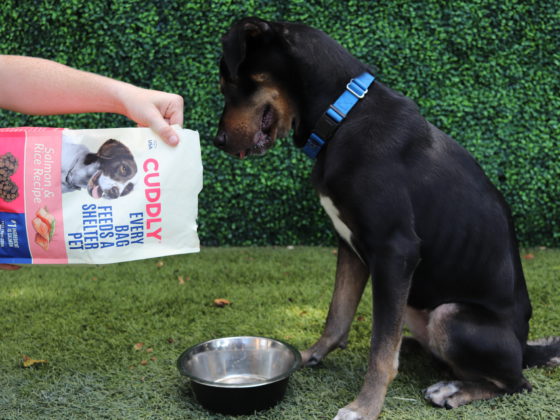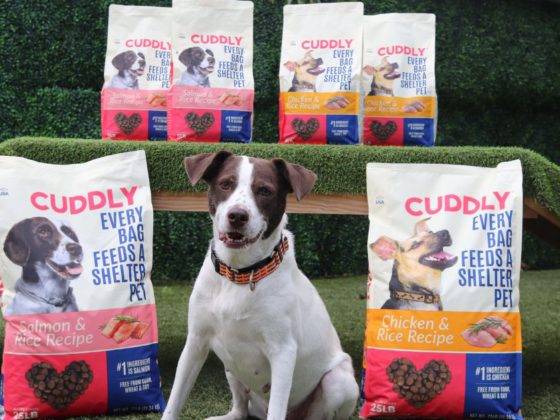People around the world are on high alert with the rapid spread of Coronavirus, or COVID-19 – and in light of the hysteria going around and the thousands of articles circulating the internet, we believe it’s important to remain calm and educated on the realities of this pandemic, especially when it comes to our animals.
First, we’d like the address one of the most significant questions pet parents are asking themselves.
“Can my pet contract COVID-19?”
According to the American Veterinary Medical Association, “there is no evidence that pets [can] become sick. Infectious disease experts, as well as the CDC, OIE, and WHO indicate there is also no evidence to suggest that pet dogs or cats can be a source of infection with SARS-CoV-2, including spreading COVID-19 to people.”
Health professionals from all around the world have been and continue to be in the process of doing diagnostics and testing on animals to determine whether or not they can carry, spread, or otherwise contract the COVID-19 virus – and they are not taking such matters lightly.
In fact, IDEXX tested thousands of dog and cat specimens on March 13th, 2020 and found there to be no positive results for the COVID-19 virus.
Considering this study, alongside others around the world, “infectious disease experts and multiple international and domestic human and animal health organizations (CDC, OIE, WHO) agree there is no evidence at this point to indicate that pets can spread COVID-19 to other animals, including people.” – The American Veterinary Medical Association, 2020.
With that said, it’s important that all pet guardians remain cautious. Be sure to keep your pets properly vaccinated, groomed, and nourished to ensure optimal immunity function.
“If I have COVID-19, are there precautions I should take when caring for my pet?”
The short answer? Absolutely, you should. Just like with any illness, it’s important to limit your contact with your animal. If you’re able to, have a friend or family member keep up with exercising, feeding, and grooming your pet until you have fully recovered.
If you have a service animal or do not have any aid to help you care for your pet, be sure to wear a facemask and refrain from sharing food, kisses, or hugs with them. And of course, wash your hands before and after any contact.
The American Veterinary Medical Association has declared that “out of an abundance of caution, [it is recommended] you take the same common-sense approach when interacting with your pets or other animals in your home as your would with humans.”
“Are there any steps I can take to increase the safety of both my pet and I?”
When it comes to illnesses, we all know that preparation is KEY. Alongside basic grooming and hygiene upkeep, it’s recommended that all pet parents have an emergency and first aid kit prepared in the case of evacuation or even self-isolation when you are not able to leave your home.
While the chances of you needing your kits are low, seeing as there is no evidence that animals can contract, spread, or carry the COVID-19 virus, it’s always better safe than sorry when it comes to our pets.
If you do not have a first aid or emergency kit, click here to get your free pet first-aid checklist.
Note: If you are concerned for your pet or feel that your pet may be ill, please consult with your veterinarian as soon as possible.
If you’re interested in learning more about COVID-19, click here.

